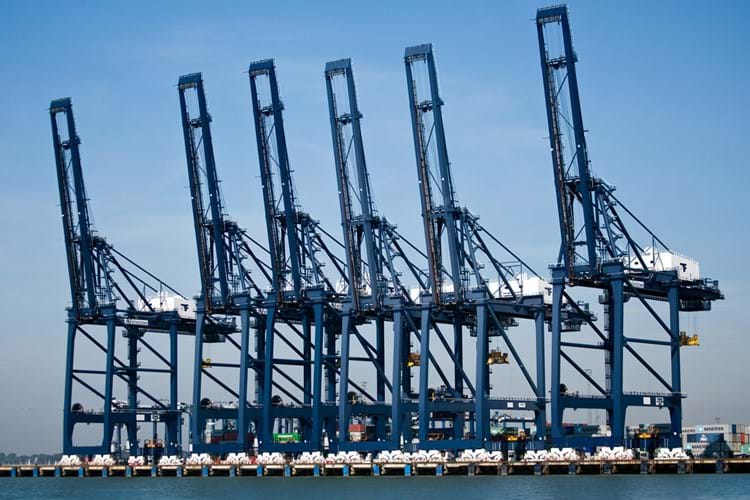
An update to the number of ports that will accept CITES-listed natural history specimens was made on September 19. Read about it here.
In the event of a no-deal Brexit on October 31 the Department for Environment, Food and Rural Affairs (Defra) has published an alert on the changes to the transit of CITES-listed items.
CITES-listed natural history specimens will no longer be able to pass through Dover or the Eurotunnel in the event of a no-deal Brexit.
These busy ports will not have facilities for CITES permits to be stamped. This is to allow these ports to focus on the expected heavy demand from other goods.
However, the government did admit that if the UK does leave the EU without a deal, the designation of CITES ports would be reviewed as “we gather more data post October 2019 on the actual levels of CITES trade between the UK and the EU”.
Without a deal, CITES-listed animal and plant items such as antique ivory or rosewood would require permits to travel between the UK and the EU.
The department has been keen to alert the antiques trade to the changes ahead of time.
Potential impacts
Environment minister Thérèse Coffey said: “We are taking the responsible step of ensuring people and businesses understand the potential impacts of no deal – such as the transport of protected goods and animals between the UK and the EU – to help minimise any potential disruption.”
To make sure there is enough capacity within the system, the government has increased the number of CITES points of entry and exit for goods. Currently there are just 10 ports and airports for CITES trade with countries outside the EU. The full list of designated ports that will be available in a no-deal scenario is available here and comprises more than 20 entry points.
CITES (the Convention on International Trade in Endangered Species of Wild Fauna and Flora) is an international agreement between governments aiming to protect threatened wildlife and plants by controlling international trade.
The full government advice can be found at atg.news/DefraBrexitguide.





